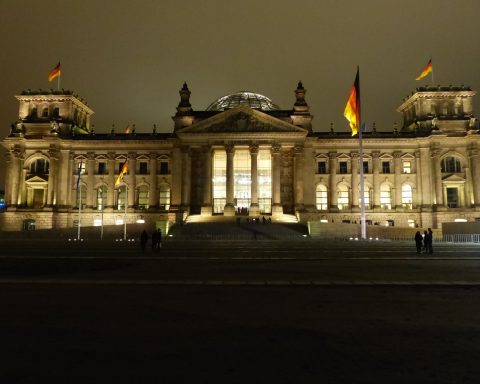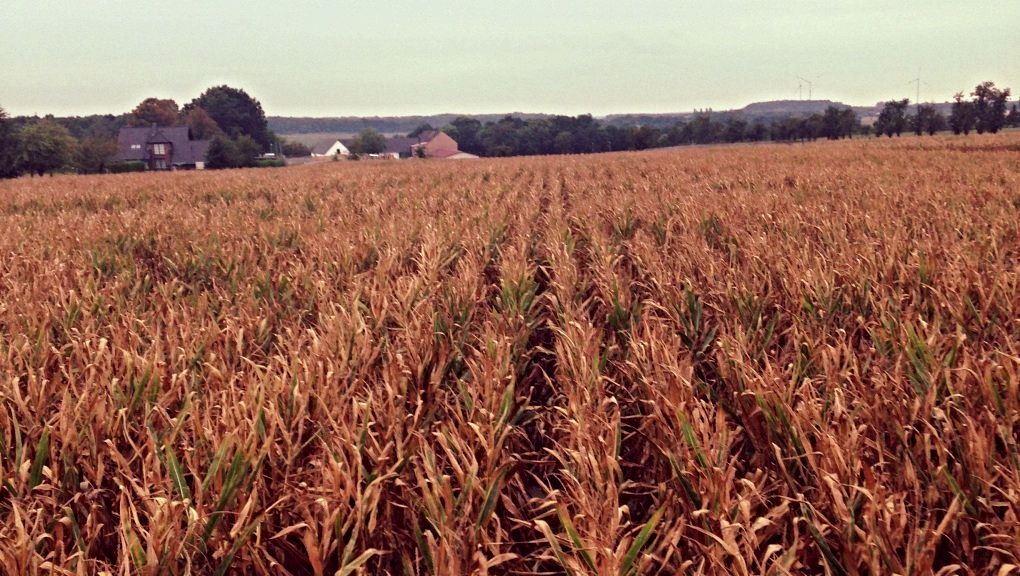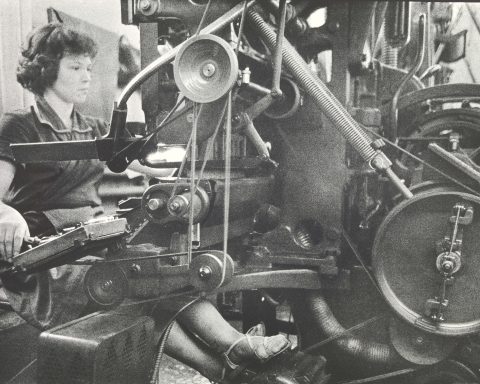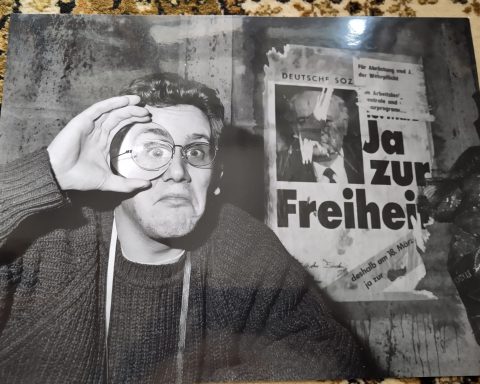Over at the next desk at work, Christian Schult’s eyes light up when he talks about DEFA (Deutsche Film-Aktiengesellschaft). My co-worker grew up in the GDR, and the film studio was formative for him. For adults around him, the studio represented a symbol of resistance to the regime – even as it was state-owned and had to work within the system.
“People were curious to read the messages between the lines,” Christian recalls. “The DEFA films would talk about things in a hidden way. They were walking a tight rope, and people appreciated them.”
The history of the film studio mirrors that of Germany itself, Christian muses. The DEFA produced movies at the Babelsberg Studio, the world’s oldest large-scale film studio, established in 1912. Movies coming out of Babelsberg in different eras range from Fritz Lang’s Metropolis to Nazi propaganda films directed by Joseph Goebbels (before DEFA); to 1975’s Jakob der Lügner (during DEFA); and Valkyrie, V for Vendetta, Inglourious Basterds and The Hunger Games (after DEFA).

As a child in 1980s Leipzig, Christian would watch Unser Sandmännschen, the East German version of the now classic cartoon DEFA produced. As a young adult, he would feel DEFA’s influence in a different way, which would directly impact his professional life. Günter Reisch, one of DEFA’s most prominent directors, would become his film teacher at Bauhaus-Universität Weimar.
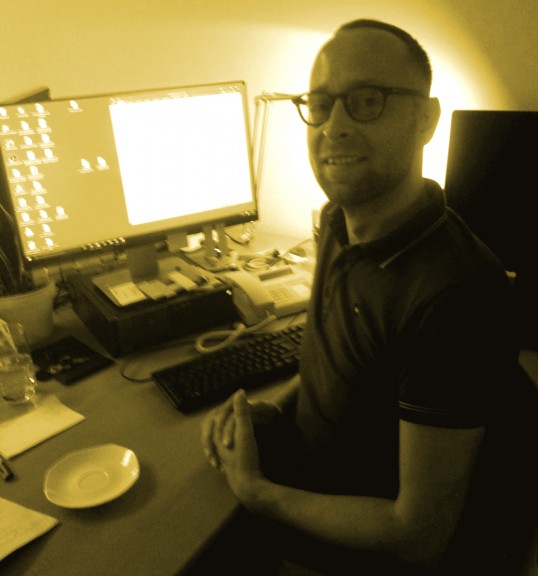
Christian says all his fellow students admired Reisch, who was down-to-earth and generous sharing his knowledge and experiences. He calls Reisch’s teaching “an excursion into good story-telling,” which students like him carried across disciplines and professions. Reisch was also mentor to Andreas Dresen, who would become a famous director after reunification. In 2013, the year before Reisch’s death, the DEFA Foundation gave the director a lifetime achievement award.
DEFA and the GDR at DOK
This fall, Joris Ivens, another prominent director who worked with DEFA, will be honored in Leipzig. It will happen as DOK Leipzig celebrates 70 years since the studio came to life in 1946 (making it actually older than the GDR itself). The Dutch Ivens was a legendary documentary filmmaker and one of the founding supporters of DOK – now the “International Leipzig Festival for Documentary and Animated Film” – whose first edition was in 1955. The histories of GDR film, DEFA and DOK are closely intertwined.

DOK’s special program will feature a reading by historian Günter Jordan from his richly researched book about Ivens and the GDR. It will also feature The Windrose, a film Ivens directed at DEFA in 1957.
The special program’s theme for 2016 is “Disobedience in Form and Content,” and features 125 films made between 1919 and 2016. The making of The Windrose was ambitious and daring in a polarized world, as it sought to cross borders and bring down barriers in the industry. The DEFA production, which tackled the social struggles of female workers in different parts of the world (Brazil, the Soviet Union, Paris, Italy, China), collaborated with key film personalities and also with the Women’s International Democratic Federation. Says the DOK website:
“Alongside director Alberto Cavalcanti, the world-famous actors Helene Weigel and Simone Signoret as well as Yves Montand also participated in the film. DEFA hoped the collaboration would bring the GDR a cultural renown and that Ivens’ know-how would result in an internationally and commercially successful film that would withstand the censorship of [the] non communist countries.”
Another highlight of the program is the series “An Alternative Vision? Everyday life in the GDR.” It will show amateur productions from the GDR as well as by Staatliche Filmdokumentation, which mainly made films for archival purposes. Amateur film-making was a major pastime during those years, with an estimated 10,000 films produced by 950 people in 40 years. Some provide a slice-of-life peek into the past, others depict work processes; some managed to be critical of the system.
Of special interest to Leipzig enthusiasts is the “Leipzig Matinee:” It “brings to the screen amateur film production in Leipzig and the surrounding area, featuring, among others, fêtes held in an allotment, the inauguration of Leipzig’s urban railway network, and a satirical city tour.” The films are shown in their original version in German.
Keeping up with DOK
DOK Leipzig 2016 will announce its official film selection on 10 October. The festival itself runs from 31 October to 6 November. The full list of movies and schedule will be published within the next few weeks, so keep checking the DOK Leipzig website.
The Leipzig Glocal will publish articles every other Monday under its DOK Preview series, leading up to the festival. Stay tuned for more highlights to look out for. And we’ll continue our coverage during the film fest, giving you a glimpse into some special events.




